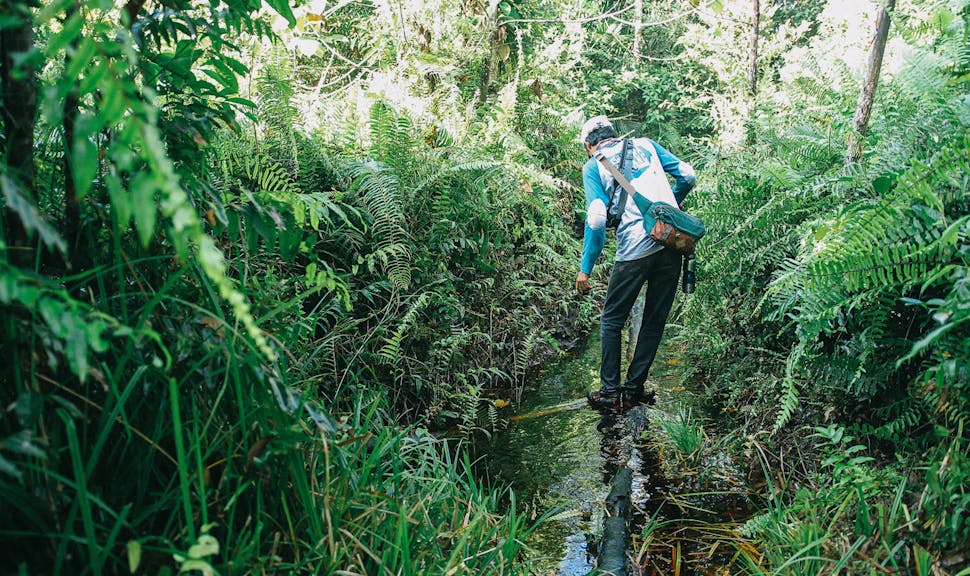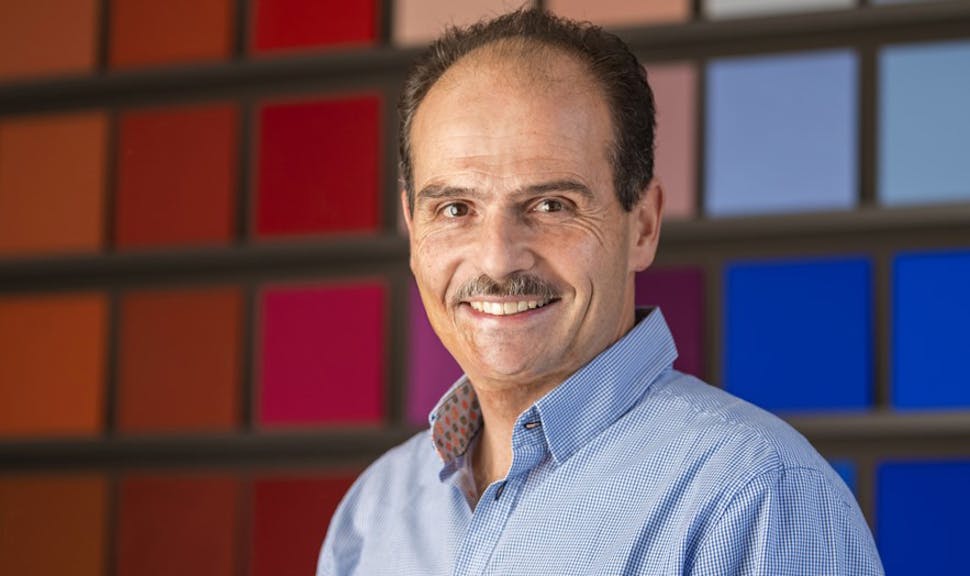Over and above the risk of bankruptcy, the reinsurance system has several advantages for the insurer. Firstly it avoids it having a turnover that is too unstable, depending on the years and regions of the world where it is established. It also enables it to limit its requirements in terms of equity.
Finally, reinsurance ensures a certain degree of financial stability in the world insurance sector. For example, if the reinsurance system had not existed, the American insurance system might have collapsed after the events at the World Trade Center due to a lack of the necessary funds to meet its commitments.
Indeed, just to compensate the owner of the Twin Towers, 4 billion dollars had to be paid out. To this was added 7 billion dollars in compensation for the families of the victims, plus several billion dollars for the insurance companies of American Airlines and United Airlines, the various companies who rented offices in the Twin Towers, shops and businesses in the immediate surroundings, etc.
Because of ever increasing globalisation, today the vast majority of insurance companies are reinsured. Thus, when a catastrophe occurs in one country, hundreds of companies from the world over, reinsurance companies, are involved and contribute to reimbursing the damage suffered. Premiums are paid to these reinsurance companies by various insurance companies, without distinction to nationality. When an earthquake happens in Japan, for example, Japanese insurance companies are not the only ones involved, they are helped by insurance and reinsurance companies from all four corners of the Earth.
But how do reinsurers themselves deal with such gigantic financial risks?
Quite simply by diversifying their portfolio of risks as much as possible and by being present the world over to ensure they are never endangered by the same events. To guarantee that its clients are protected in all circumstances, AXA has gone so far as to create its own internal reinsurance structure.
The group capitalises on its presence in 64 different countries to diversify as best possible the risks managed by the various local AXA agencies. Above all, it brings together the best experts, such as engineers and data scientists who specialise in the analysis of all types of risk (meteorological, seismological, cyber, etc.). The aim is to develop cutting-edge expertise that models and anticipates large scale risks.
It is also thanks to this expertise that AXA can take the risk of insuring major projects, such as rocket building or sending satellites into space. Essential projects that could never have taken place without the reinsurance system.





